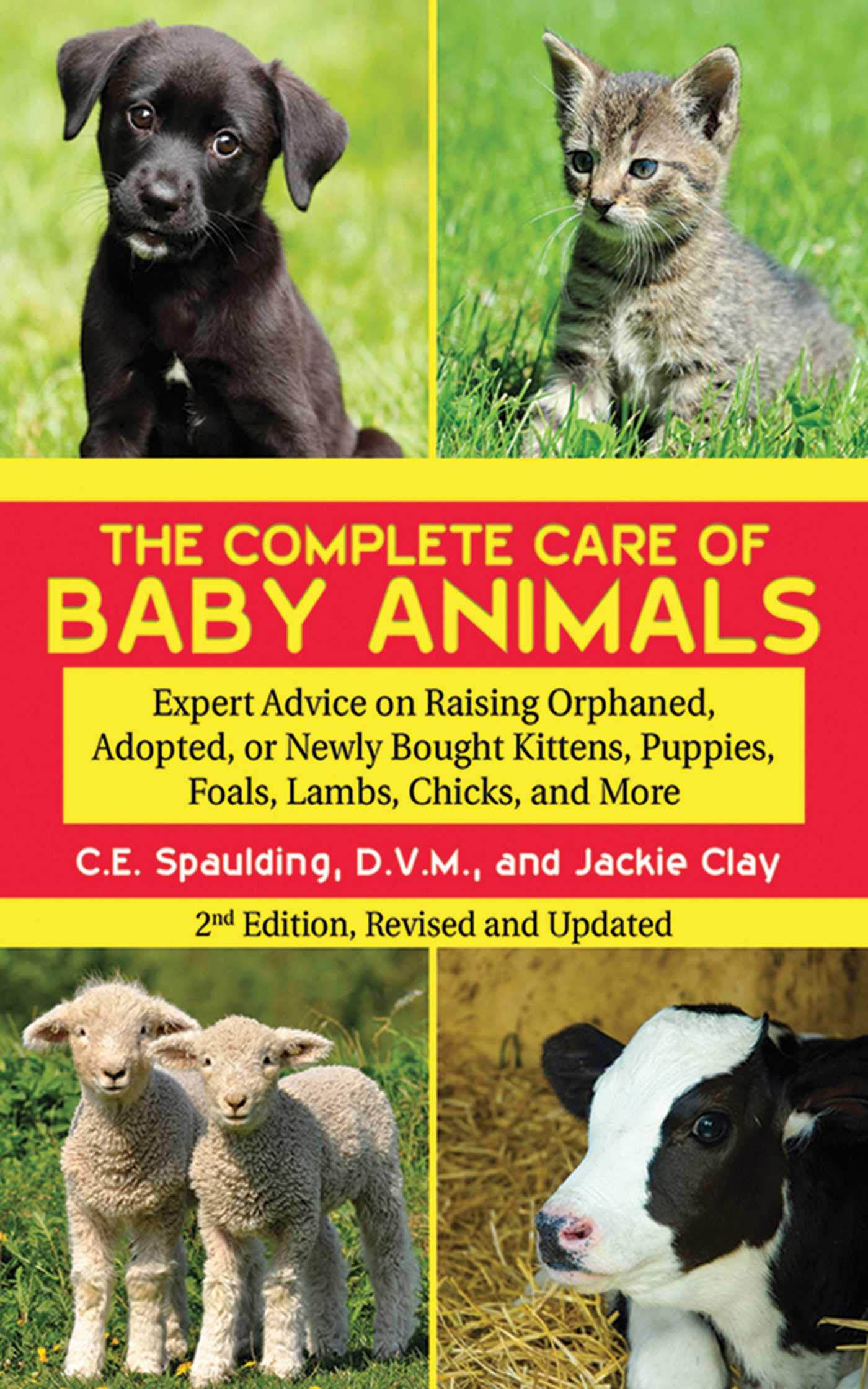Customer Services
Copyright © 2025 Desertcart Holdings Limited


The Complete Care of Baby Animals: Expert Advice on Raising Orphaned, Adopted, or Newly Bought Kittens, Puppies, Foals, Lambs, Chicks, and More
Trustpilot
1 month ago
3 days ago
4 days ago
3 weeks ago